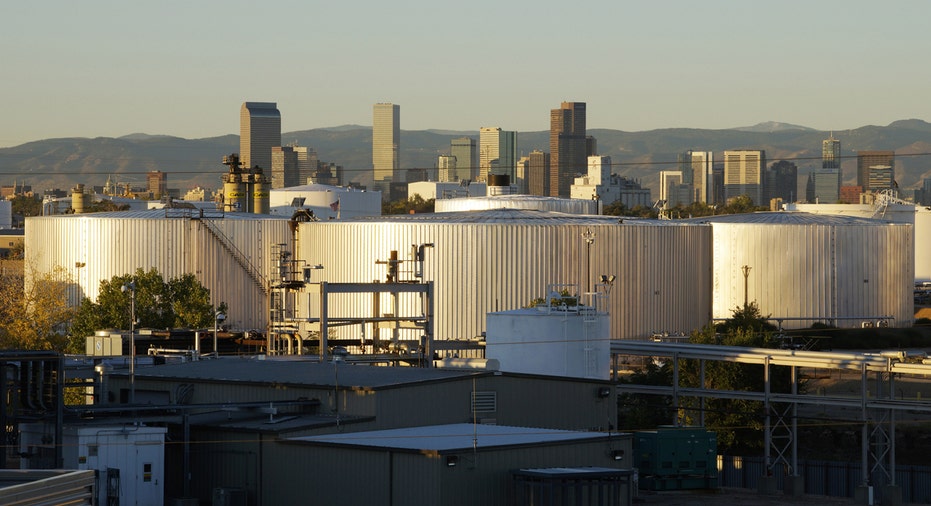Oil Prices Slip on Output Freeze Doubts

Oil prices eased on Tuesday, eroding some of the previous day's gains, over doubts a potential production freeze will have any impact on the existing global overhang of unwanted crude.
Big oil exporters Saudi Arabia and Russia have proposed to freeze output at January levels, which were near record highs, only if other producers also do the same.
"If they freeze production at January levels when you're already over supplied by around a million barrels per day it just prolongs that situation of oversupply," said Energy Aspects' analyst Dominic Haywood.
Also, Iran, now free of western sanctions that hurt its crude trade, is seen unlikely to agree to an output cap.
Benchmark Brent crude futures were down 9 cents at $34.60 a barrel at 1310 GMT, while U.S. crude futures fell 37 cents to $33.02 a barrel.
"Without concrete actions (to cut production), we remain highly skeptical that prices could be moving higher," Singapore-based brokerage Phillip Futures said.
OPEC Secretary-General Abdullah al-Badri said on Monday that if successful a freeze could trigger other action but the days when the producer group was responsible for cutting output alone are over.
He told the IHS CERAWeek conference in Houston the tentative pact to freeze output reached last week between Saudi Arabia, Russia, Venezuela and Qatar was just a start.
An estimated 1 million to 2 million barrels of oil are being produced daily in excess of demand.
Investment bank Jefferies expects OPEC output to hit 32.6 million barrels per day (bpd) in the second quarter, including higher Iranian output, with markets starting to rebalance by the third quarter as production outside OPEC falls by 800,000 bpd this year.
Oil prices jumped more than 5 percent on Monday on projections by the International Energy Agency (IEA) that U.S. shale oil production could fall by 600,000 bpd this year and another 200,000 bpd in 2017.
Commerzbank said in a daily note that volatility would continue until there were clear indications that oil supply was declining.
Energy Aspects' Haywood said prices should pick up in the second half of the year and into 2017 as U.S. producers respond to lower prices by cutting output.
"It's been a bit more delayed than we expected simply because shale production has been so resilient," he said.
(Additional reporting by Henning Gloystein in Singapore; Editing by Susan Thomas and David Evans)



















